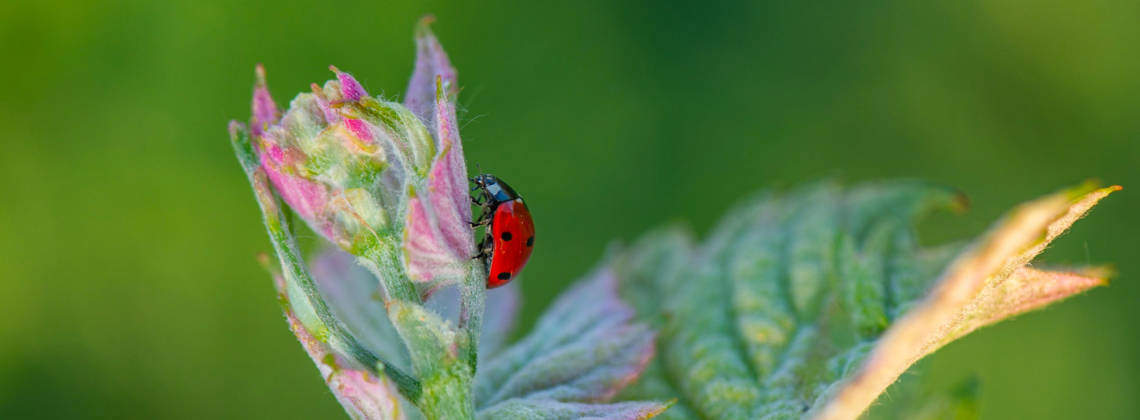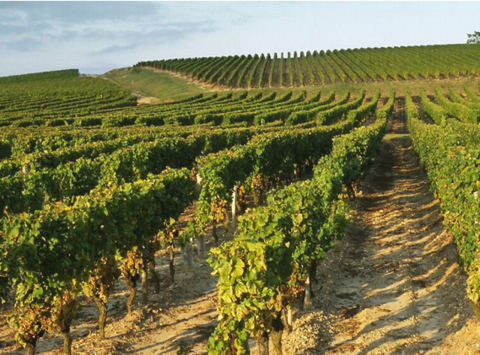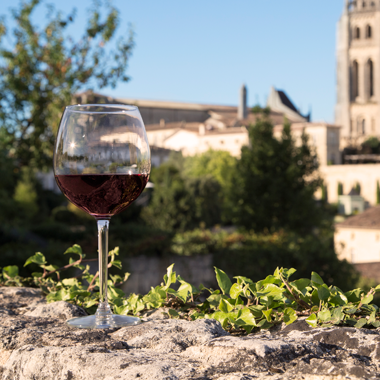Animals in the vineyard
Microbial biodiversity is incredibly important to winegrowers since soil provides almost all of the nutrients and water that grapevines need to survive. Allowing a wide range of animals and insects into a vineyard increases the diversity of microorganisms in the soil and therefore the health and quality of the rich earth that contributes so much to the creation of the wines we love to drink.
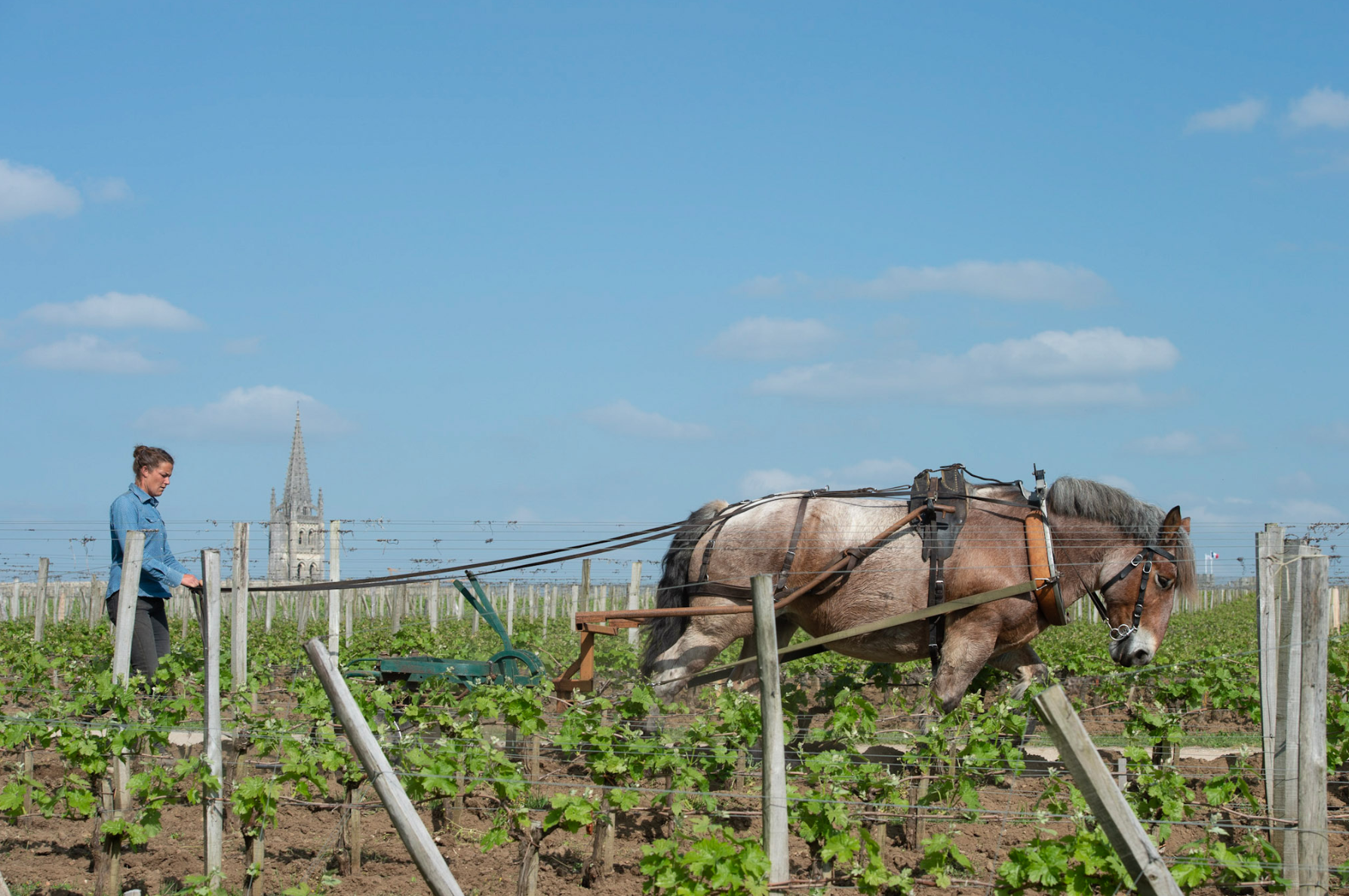
For a number of Bordeaux winegrowers, horses provide a natural means of avoiding the soil compaction and potential degradation that can be caused by tractors. Horses are ideal for inter-vine ploughing since their hooves gently loosen the soil, allowing the churned earth easy access to water and oxygen after the horses pass through – something that”s impossible for a heavy tractor to replicate.

Horses nibble at the vine canopy and naturally fertilise the soil as they pass through, eliminating the need for leaf-trimming machines and commercial fertilisers. Furthermore, horses” size means they”ll naturally gravitate towards trimming the upper ranges of a vineyard”s foliage, allowing more sunlight to reach the grape clusters, furthering the process of photosynthesis and boosting overall productivity.
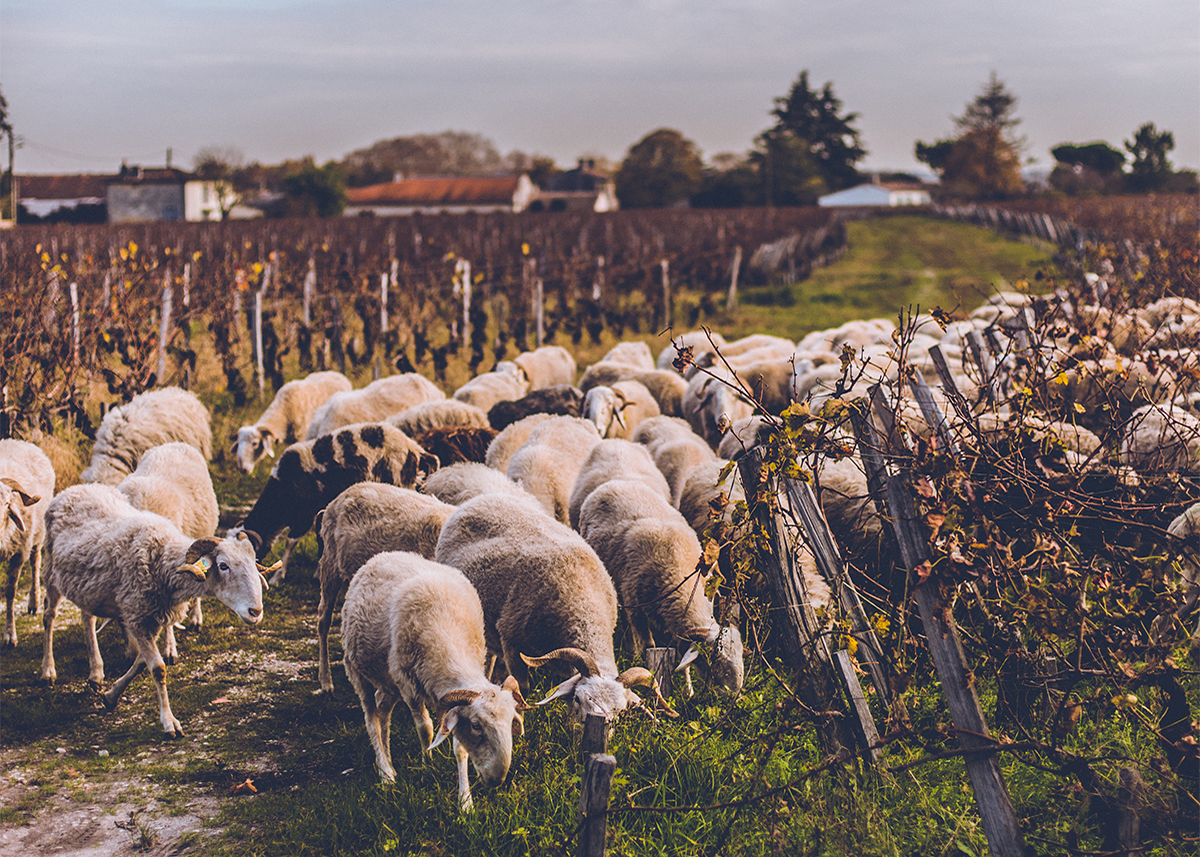
It”s not all about horses when it comes to animals in the vineyard, however. When they”re allowed to roam through a winegrower”s estate, sheep will eat weeds that grow at the base of vines and, as they graze, will naturally fertilise the soil, further reducing the need for tractors. A herd of sheep can be allowed free reign of a vineyard during the vast majority of the dormant season, following the harvest in Autumn until early Spring, although their beneficial tendencies will quickly turn to negatives after bud break.

Even chickens can lend a hand…or, um…foot. Chickens forage and peck through the vine rows, eliminating insects and other small pests at the base of the vines that might otherwise attack grapes. It can be extremely valuable to introduce chickens into a vineyard alongside larger animals since chickens will eat bugs that horses or sheep won”t even notice and will therefore decrease or eliminate winegrowers” need for chemical applications to kill off small pests.
By now, we hope it”s clear how introducing animals can be a boon for the overall health of a vineyard, making winegrowers” jobs easier and eliminating the need for chemicals, industrial fertilisers, and heavy machinery. Diversity is a good thing, especially when it comes to producing delicious Bordeaux wines!
